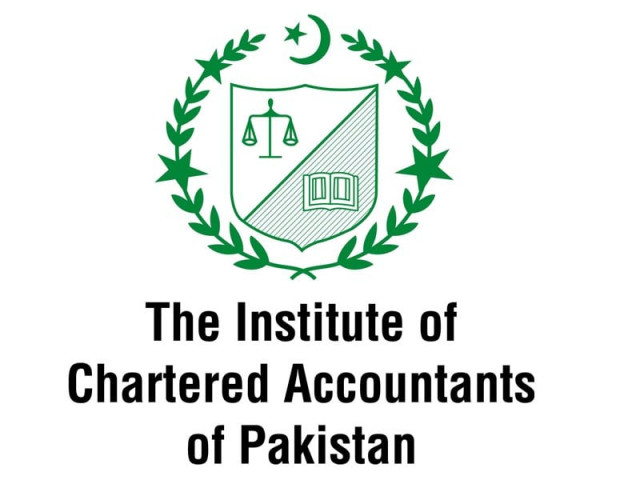ICAP yet to respond to Competition Commission’s penalty
Says they have received no formal notification yet.

ICAP should act in sync with the industry norm rather than carving out an exception or creating a hegemony for itself with such [a] protectionist approach,” the CCP order said.
“We learned about the CCP’s decision against ICAP through newspapers. We have seen the order only on the CCP website so far. I cannot tell you right now whether we are going to pay the penalty or file an appeal against the order,” Ahmed said, while speaking to The Express Tribune.
Saying that the CCP is supposed to formally send a copy of its order to ICAP, Ahmed added that the ICAP management was in touch with legal advisers about how best to respond to the CCP order.

The CCP had imposed the penalty on ICAP on January 10, after declaring that a directive issued by the latter last year to its member organisations – asking them not to engage non-ICAP students as interns or trainees – as having had no legal basis.
ICAP had prohibited members and chartered accountant firms from training non-ICAP accountancy students, which led to the CCP taking note and issuing a show-cause notice on September 17 to the body for the violation of competitive practice laws.

In its response to the show-cause notice on September 12, ICAP stated that its approved training organisations can take any person for training, “but such [a] person needs to be registered with ICAP as a student.”
“All over the world, public practice runs multiple parallel training programmes for students affiliated with various professional accountancy bodies ... ICAP should act in sync with the industry norm rather than carving out an exception or creating a hegemony for itself with such [a] protectionist approach,” the CCP order said.

The CCP had also sought opinion from the Association of Chartered Certified Accountants (ACCA), whose students were particularly affected by ICAP’s directive. According to the ACCA, requiring non-ICAP students to register with ICAP in order to get training at ICAP-approved training organisations increased the economic and academic burden on students, which would “unfairly persuade them to choose alternate qualifications.”
There are almost 325 approved trainers, including 147 public practice firms, for the ACCA qualification in Pakistan. Similarly, there are 174 ICAP-approved trainers, all of them public practice firms. The number of students registered with ICAP is approximately 55,000, as the average intake of students is 4,000 a year, with 900 students becoming eligible every year to seek training. Similarly, ACCA has 35,000 registered students, with 3,500 of them having passed their exams, but still required to complete training.
“The fact that, subsequent to the July directive, ACCA has seen an almost 55% decline in registration of students is also alarming. Competitors who have legitimately established themselves in the global market should not be subjected to such barriers,” the CCP said; adding that ICAP ought not to “discourage, discriminate or otherwise unequally treat” the growing number of a human resource essential for a vibrant economy.
The CCP has warned that the accountancy body will be liable to pay Rs1 million in penalty for every extra day it functions in violation of the order, in case it continues to ban non-ICAP students from their right to acquire training.
Published in The Express Tribune, January 16th, 2013.
Like Business on Facebook to stay informed and join in the conversation.



















COMMENTS
Comments are moderated and generally will be posted if they are on-topic and not abusive.
For more information, please see our Comments FAQ